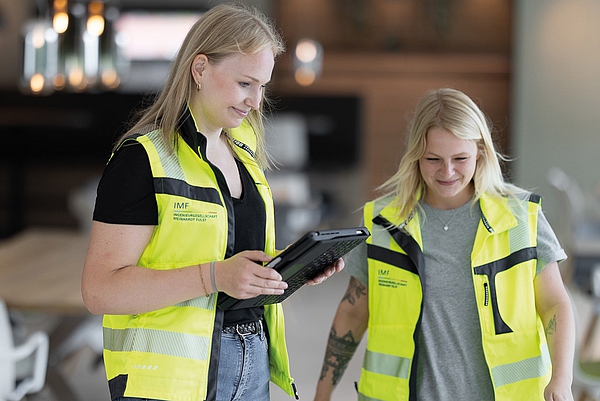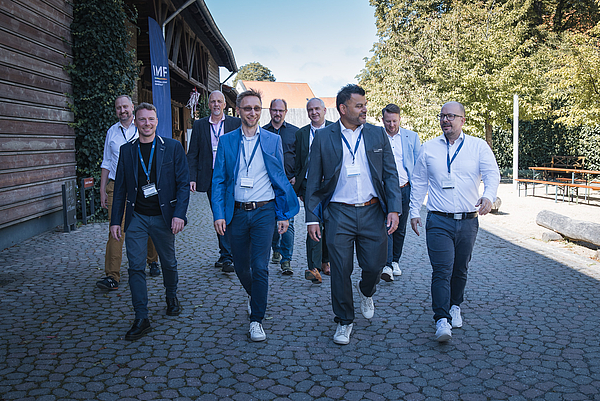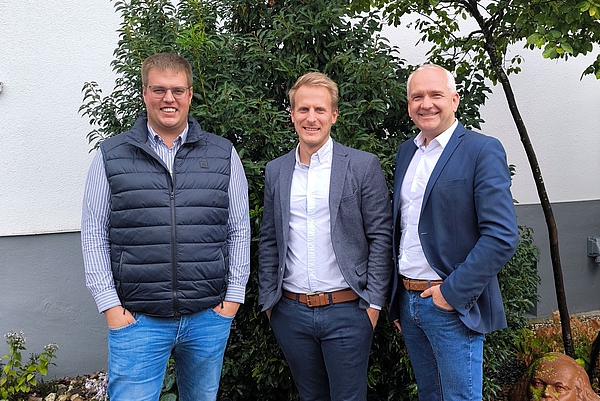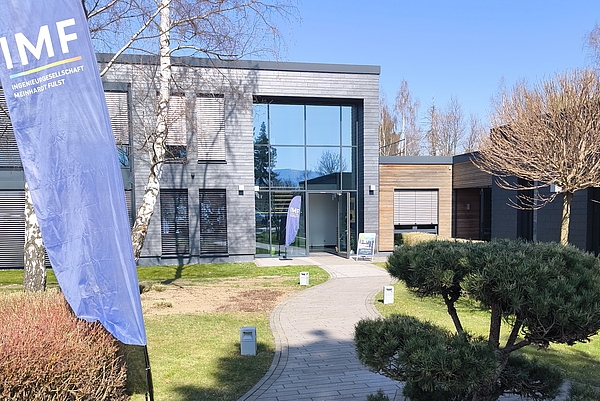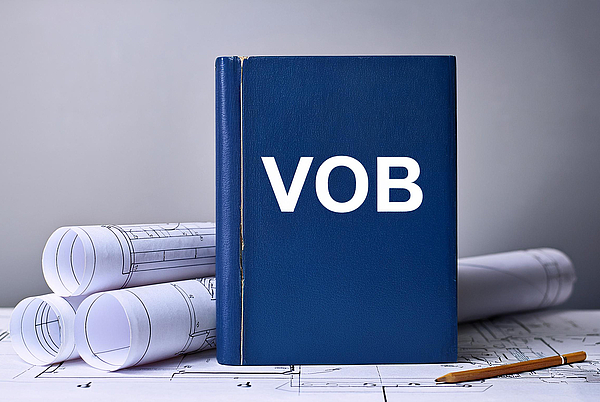Simulations are an essential tool for optimizing construction projects and technical systems. They enable the virtual simulation of processes and systems in order to analyze their behaviour under different conditions. These include, for example, flow simulations (CFD), thermal simulations and static calculations. The aim is to improve the efficiency, safety and sustainability of projects, identify potential problems at an early stage and make well-founded decisions. By using simulations, variants can be compared, costs reduced and the quality of planning and execution significantly increased.


